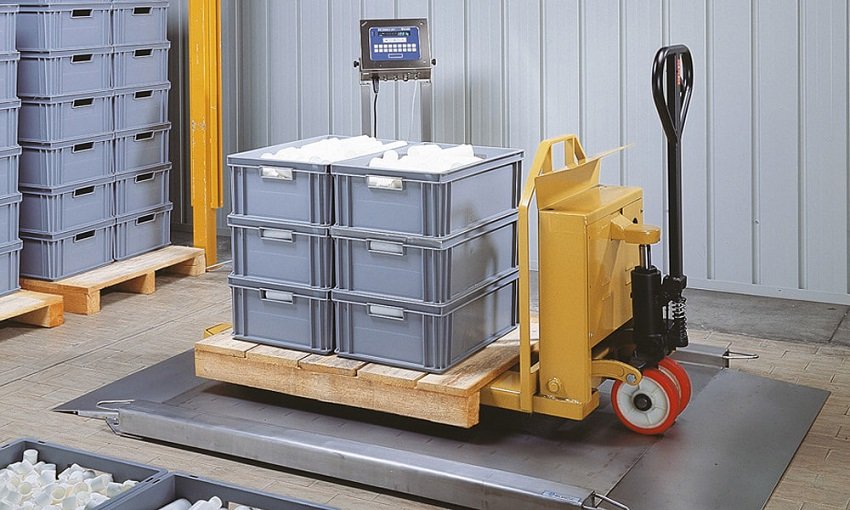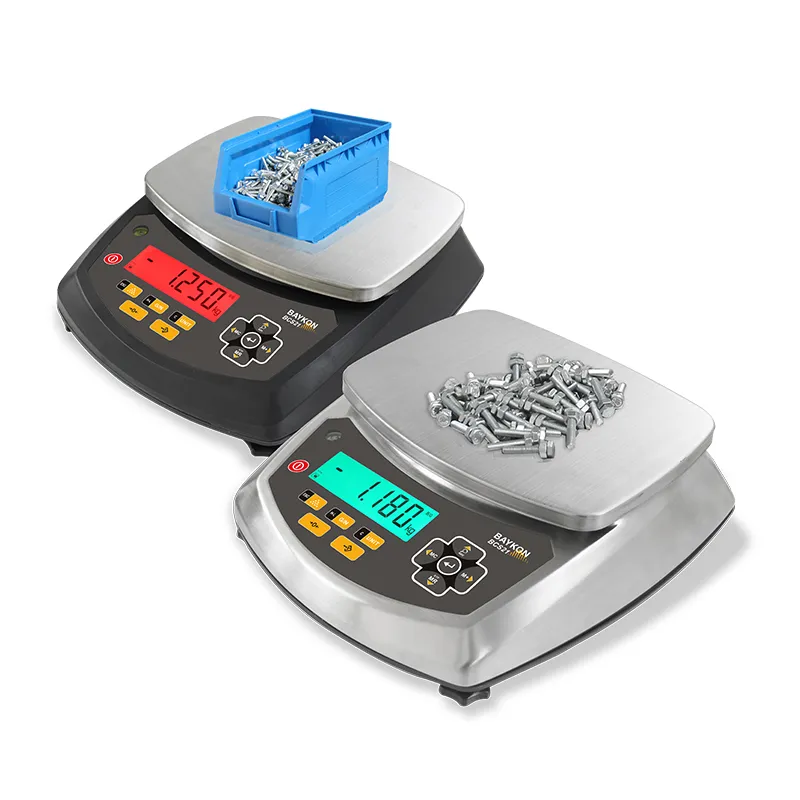The Impact of Industrial Scales on Cost Savings and Operational Efficiency
The Impact of Industrial Scales on Cost Savings and Operational Efficiency
Blog Article
Exactly How Industrial Scales Job: An Extensive Introduction for New Users
Recognizing the mechanics behind commercial scales is critical for new customers who wish to make sure precision in their dimensions. These tools rely on tons cells and pressure gauge technology to convert weight into a measurable style, yet the subtleties of their operation expand beyond simple functionality. From the numerous kinds readily available to the crucial methods for appropriate usage and maintenance, each element plays a considerable duty in achieving reputable results. As we check out these components, one need to think about exactly how these aspects connect to boost performance in diverse industrial applications.
Essentials of Industrial Scales
Industrial ranges are essential tools used throughout numerous fields, including production, logistics, and agriculture, to ensure accurate weight dimensions of heavy lots. The basic principle behind commercial ranges involves the conversion of weight into a quantifiable kind that can be presented electronically or analogically. These scales utilize different mechanisms, such as lots cells or mechanical levers, to determine the weight of objects placed upon them.

In addition to their measurement abilities, industrial scales are designed to endure severe atmospheres, including durable construction that stands up to dust, dampness, and hefty effects. Calibration and upkeep are important to make certain precision, as also minor inconsistencies can result in considerable economic implications. By understanding the basics of commercial scales, individuals can appreciate their relevance in numerous industrial applications.
Sorts Of Industrial Scales
Different kinds of commercial scales deal with the varied needs of various sectors, each made to manage details weighing tasks with accuracy and dependability. Among one of the most common kinds are floor scales, which are optimal for considering bulky and hefty items. These ranges commonly include big systems and can suit palletized items, making them vital in stockrooms and delivery facilities.
Another type is bench scales, which are usually made use of for smaller sized items in manufacturing and retail setups. They provide exact measurements for products that require accuracy, such as chemicals or components in setting up lines (Industrial Scales). For mobile procedures, portable scales use flexibility and convenience of transport, suitable for fieldwork or momentary installments
Furthermore, specialized scales like checkweighers are made use of in manufacturing lines to keep high quality control by making certain that products fulfill weight specs. Each kind of commercial range plays a vital function in boosting functional performance and accuracy across numerous fields.
Just How Evaluating Devices Work
Evaluating devices are crucial parts that enable precise measurement of mass throughout different industrial ranges. These mechanisms use various concepts of physics and engineering to offer precise weight analyses, necessary for inventory management, high quality control, and compliance with regulative criteria.
One usual sort of weighing device is the load cell, which operates the concept of stress determines. When a lots is applied, the lots cell warps a little, generating an electric signal proportional to the weight. This signal is then exchanged a readable weight dimension by the range's electronic devices.
One more commonly used device is the mechanical balance, which utilizes a system of levers and weights. Industrial Scales. This technique depends on the concept of stability, where the weight of the item being gauged is stabilized versus known weights, permitting straight dimension
Additionally, hydraulic and pneumatically-driven ranges utilize fluid characteristics concepts to measure weight. These systems make use of the pressure put in by a tons to determine weight, supplying high accuracy for enormous lots.
Correct Use Strategies
When utilizing industrial ranges, adhering to correct usage strategies is crucial for maintaining and ensuring accurate measurements equipment integrity. It is important to choose the suitable scale read more for your details application, as scales vary in capability and precision.
Prior to evaluating, ensure that the scale is put on a steady, degree surface devoid of resonances or disruptions. This will certainly assist to lessen errors brought on by outside variables. In addition, adjust the scale according to the maker's specifications prior to make use of, making sure that it is working appropriately.
When positioning items on the range, distribute the weight evenly to avoid tipping or damaging the equipment. Constantly Source enable the scale to support prior to recording the weight, as fluctuations may occur during preliminary positioning. For bulk materials, utilize containers that are suitable for the range dimension to stop overloading.
Furthermore, stay clear of putting excessively warm or cool products directly on the scale, as temperature level variants can influence precision. Keep the considering platform complimentary and tidy of particles to prevent contamination and make certain trustworthy results. By following these strategies, customers can optimize the performance and longevity of their commercial ranges.
Upkeep and Calibration Tips
Making sure the durability and precision of industrial ranges needs persistent maintenance and normal calibration. A preventive maintenance timetable is crucial; it should consist of routine examinations to identify deterioration, particularly on tons cells and other sensitive elements. Routinely cleansing the range's surface and making sure the bordering location is totally free from debris will help maintain its stability and efficiency.
Calibration is equally important and ought to be executed at regular intervals or whenever the scale experiences considerable modifications in temperature level, humidity, or physical variation. Use licensed calibration weights that are traceable to nationwide criteria for precision. Record each calibration session carefully to track efficiency with time and recognize any type of trends or recurring concerns.
Train all drivers on proper scale use and upkeep protocols to make certain regular efficiency and accuracy. By adhering to these upkeep and calibration pointers, individuals can boost the dependability of their industrial scales, making sure optimal procedure in discover this any kind of setting.
Conclusion

Recognizing the auto mechanics behind industrial ranges is essential for brand-new users that want to guarantee accuracy in their measurements.Industrial scales are essential tools made use of throughout different sectors, including production, logistics, and agriculture, to ensure accurate weight dimensions of heavy lots. The essential concept behind commercial ranges entails the conversion of weight right into a quantifiable type that can be displayed electronically or analogically. By recognizing the basics of industrial ranges, users can value their importance in numerous commercial applications.
In conclusion, understanding the operation and upkeep of commercial scales is crucial for making sure accurate weight measurements in numerous applications. (Industrial Scales)
Report this page